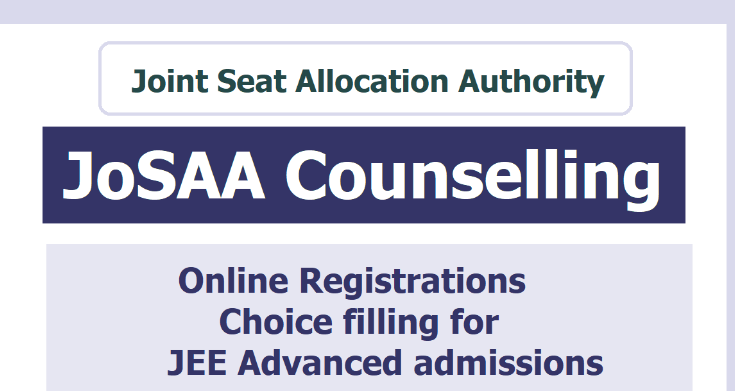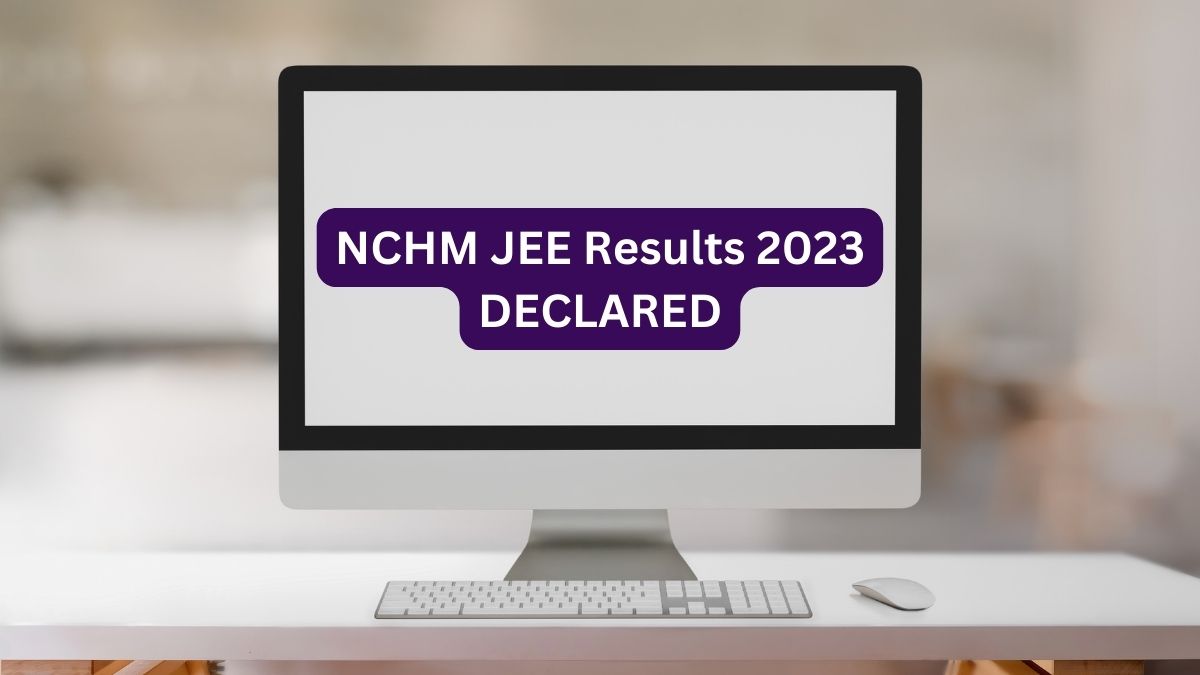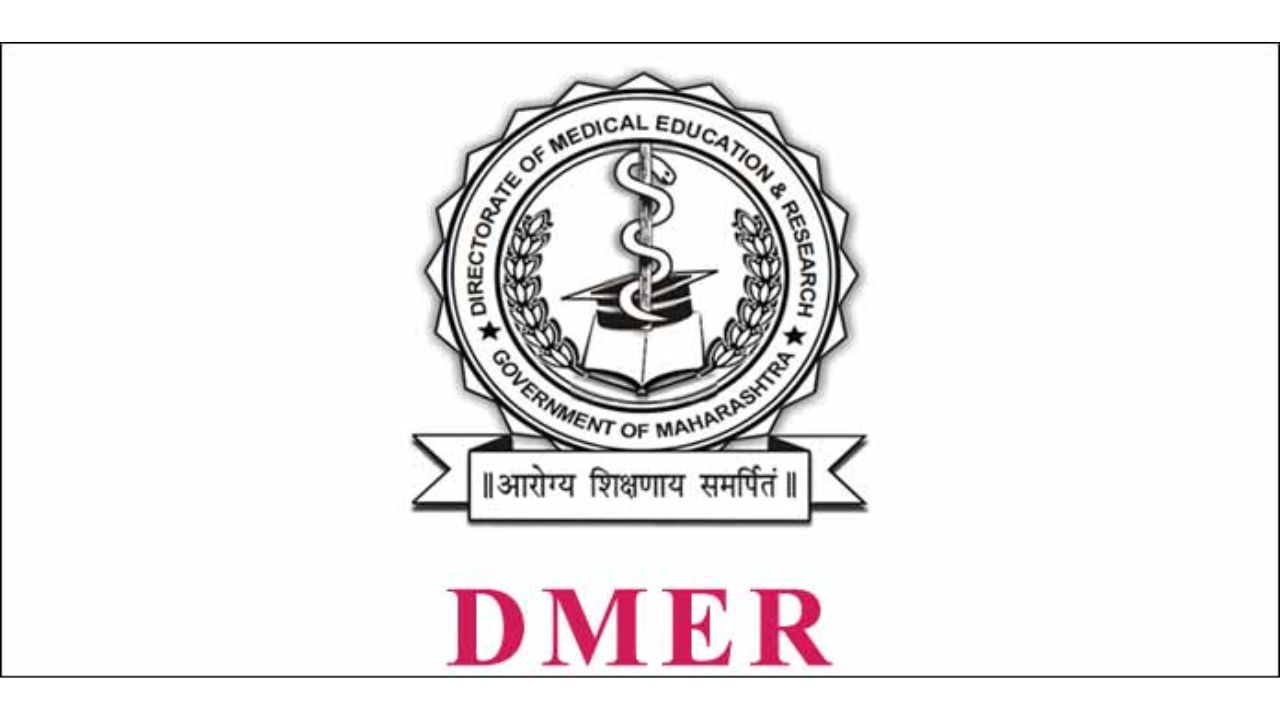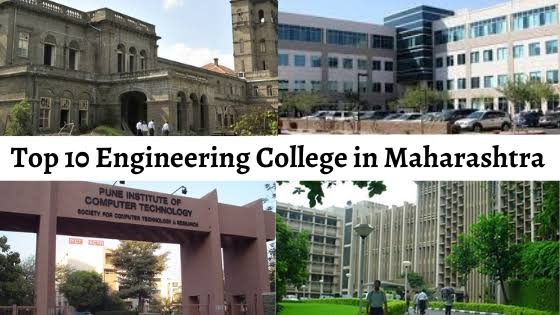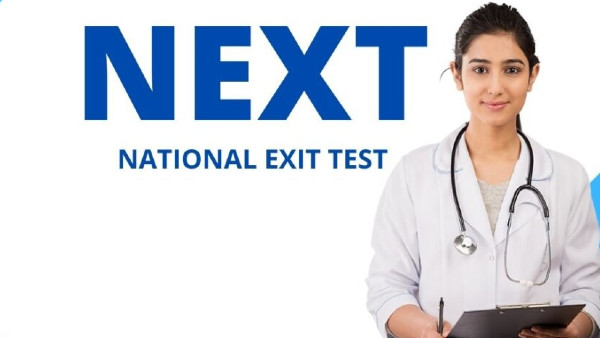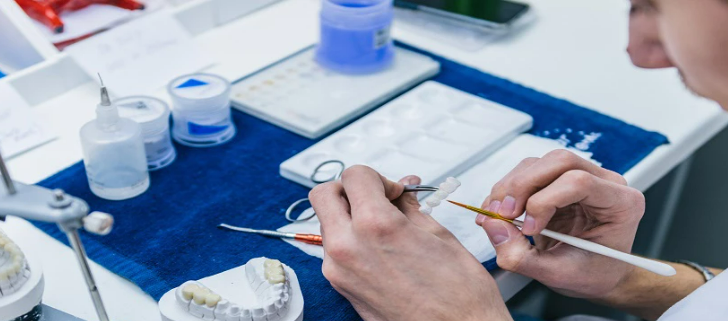The Government of Assam has taken significant steps to streamline the Medical education curriculum, infrastructure, teaching methodologies, clinical exposure, and evaluation processes across various domains, including pharmacy, nursing, physiotherapy, paramedicine, and other allied health sciences, in a progressive move to improve the quality of medical education in the state of Assam. This proactive step strives to create excellence and uniformity in medical and healthcare education across the state, ensuring that students get the finest instruction and preparation to meet future healthcare demands.
Medical Association with Srimanta Sankaradeva University of Health Sciences (SSUHS)
All institutions offering Pharmacy, Nursing, Physiotherapy, Paramedicine, and other Allied Health Sciences programmes in Assam, including those under other State and Private Universities, will be required to apply for affiliation with Srimanta Sankaradeva University of Health Sciences (SSUHS) in order to achieve the objective of standardizing healthcare education. The institutions that are currently affiliated with other universities in Assam and offering these programmes are instructed to submit an application to move their affiliation to SSUHS. The SSUHS will evaluate the institutes and, after a careful review procedure, grant affiliation beginning with the academic year 2023–2024.
Centralised Admission Test for Medical
The admission process for programmes in pharmacy, nursing, physiotherapy, paramedicine, and other allied health sciences shall only be done through the centralized Entrance Examination organized by SSUHS beginning with the academic session 2023–24 in order to assure fair and merit-based admissions. The most worthy applicants for admission will be chosen using the results of this standardized exam as a basis for assessing the ability and knowledge of prospective students.
Putting a stop to Unrecognised Medical Institutions
The Government of Assam has discovered that there are private institutions operating in the medical healthcare education field without sufficient regulatory license or recognition, which results in the issuance of fake degrees and diplomas. Deputy Commissioners have been given the authority to take severe action against such institutions in order to protect the interests of students and uphold the integrity of healthcare education. They will be obliged to stop these unlicensed institutions’ operations and make sure they receive the proper regulatory approval from the government and affiliation with SSUHS.
The Streamlined Approach’s Advantages
Students, organizations, and the medical and healthcare industry as a whole all gain from Assam’s coordinated approach to healthcare education in a number of significant ways. Some major benefits include:
1. Standardized Medical Education
Institutions offering programmes in pharmacy, nursing, physiotherapy, paramedicine, and other allied health sciences will adhere to a standardized curriculum thanks to the requirement of affiliation with SSUHS. This guarantees that students receive a consistent, thorough education that adheres to national and international standards and gives them the skills and information they need to succeed in their particular industries.
2. Enhanced Academic Standards for Medical Education
The affiliation with SSUHS will impose strict criteria for instruction on educational institutions. This measure encourages superior teaching practices and fosters a favorable learning environment for pupils. The importance placed on high-quality instruction improves students’ comprehension, critical-thinking skills, and capacity for knowledge application, ultimately creating competent healthcare professionals.
3. Increased Clinical Exposure to Medical and Healthcare Students
Practical training and exposure to real-world healthcare settings are two essential components of healthcare education. Institutions will be better able to give students increased clinical exposure thanks to the simplified approach. This offers chances for practical experience, internships, and clinical rotations that help students gain crucial clinical abilities, empathy, and adaptability in a variety of healthcare settings.
4. Strict Evaluation Procedure
SSUHS will put in place a thorough evaluation procedure that guarantees accurate and thorough assessments of students’ performance. This strategy includes a variety of evaluation techniques, including written tests, practical evaluations, research projects, and presentations. SSUHS ensures that students’ abilities are appropriately assessed and acknowledged by upholding rigorous evaluation standards, promoting an academic excellence culture.
A commendable step towards raising the standards of medical and healthcare education is the Assam government’s initiative to integrate medical and healthcare education across the state by affiliating with Srimanta Sankaradeva University of Health Sciences (SSUHS) and implementing a centralized entrance exam. Assam is well-positioned to generate a new generation of highly qualified and competent healthcare workers by establishing a standardized curriculum, encouraging great teaching standards, offering increased clinical exposure, and putting in place a strict evaluation procedure. Students will gain from this change in healthcare education, but it will also help Assam’s healthcare system as a whole, leading to better healthcare for the state’s residents.




















